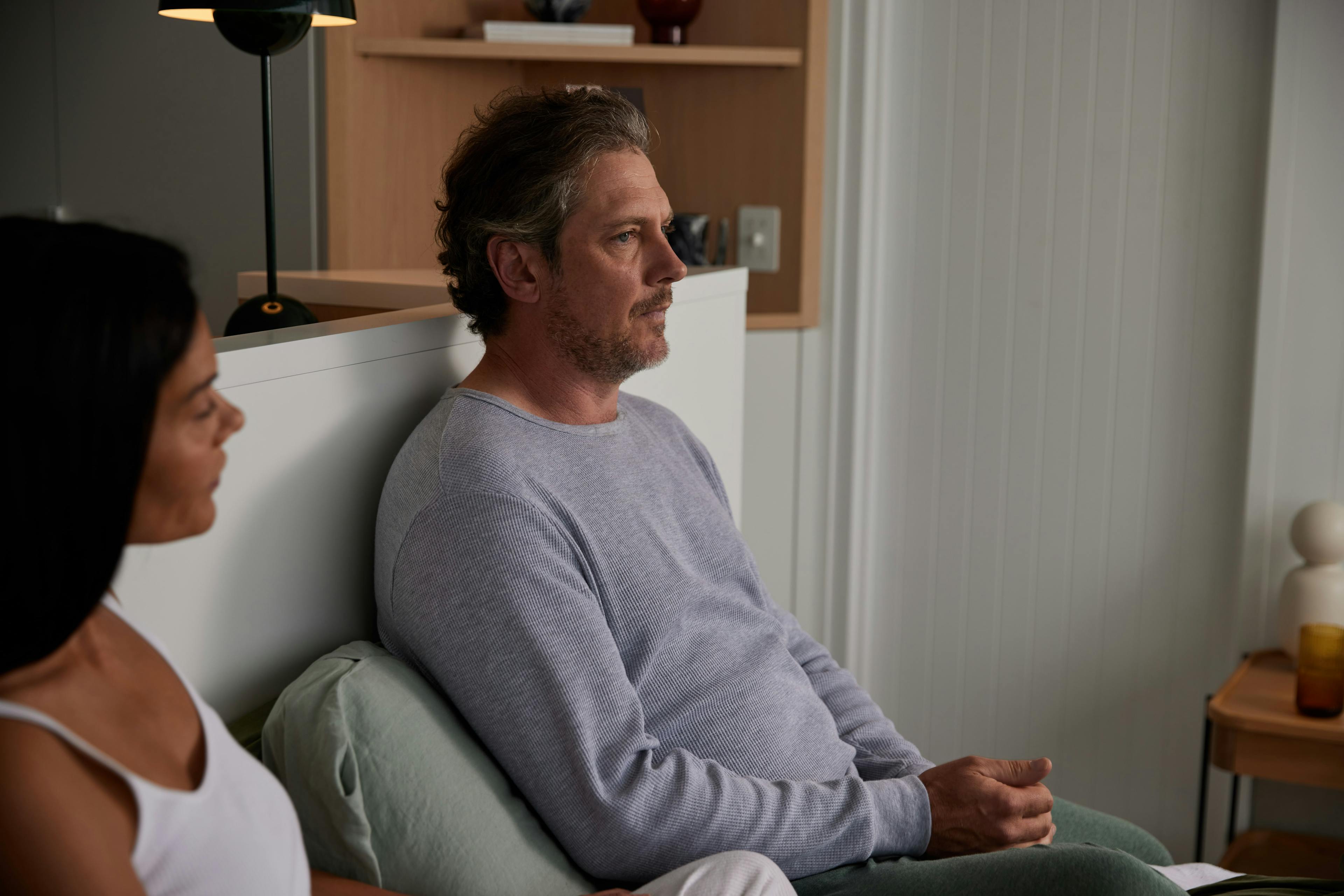YWhen it comes to what does depression feel like, the disorder negatively impacts our daily lives. A person experiencing depression may no longer participate in hobbies, interests, and social activities. It also often upsets our personal and professional relationships as a result of its symptoms interfering with our day-to-day functions. We may even observe increased alcohol or substance use.[5]
Regarding what are the signs of depression, the following can help you identify whether or not you should seek treatment for a possible mood disorder:
- a persistent feeling of sadness, anxiety, or emptiness;
- pessimism and feelings of hopelessness;
- inability or difficulty with concentrating, remembering, and making decisions;
- disinterest in hobbies, activities, and sexual intimacy;
- feelings of guilt, worthlessness, and helplessness; and
- suicidal ideation and intrusive thinking (harmful thoughts that may be acted on with self-harm).
Depression can occur at any age, though it is recognised as a leading cause of death among adolescents and young adults aged 15 to 29 years old.[6] If you believe you or a family member may be showing signs of depression or experiencing what does depression feel like, get in touch with a medical professional immediately.
(Please note that Mosh doctors are not emergency responders. Please contact crisis support services if you believe you are at risk of self-harm.)
You may be wondering what are the symptoms of depression that you or your loved ones should look out for.[9] Consider seeking help when you observe the following.
You are experiencing disordered eating, sleeping, or general self-care.
One sign of depression is a downturn in personal care, often resulting from a perceived lack of self-worth or sense of motivation. If you find yourself skipping your normal self-care routines, such as eating regularly or maintaining your hygiene, you may be exhibiting symptoms of depression and need help.
Your mood swings are becoming unmanageable or overwhelming.
A common misconception regarding what does depression feel like is that it’s a constant sadness. However, this is not entirely accurate: feelings of depression can include extreme mood swings, irritability, sudden bouts of anger or grief, and extended periods of emotional numbness or emptiness. If you’re experiencing persistently negative moods, you may need to seek counselling or therapy or take prescription medication to manage them. Talk to a doctor about your options.
Your low sense of worth is directly impacting your ability to function.
Depression can and often does impact our productivity, as loss of motivation (or ‘will to live’) is a known symptom of the disorder. If you find yourself struggling to complete or start simple tasks that you used to have no problem with, despite having no perceived change in moods or what does depression feel like usually to you, you may be suffering from a mood disorder absent of its other, more commonly-related symptoms.
You have increasingly intrusive thoughts regarding self-harm or death.
Intrusive thoughts are disturbing or harmful ideas that find their way into your consciousness and are difficult to ignore or push aside.[10] Intrusive thoughts include plans to commit self-harm or end one’s life. If you’re experiencing such thoughts, seek professional help immediately or alert a trusted person to do so.
For people with depression, we often ask ourselves: ‘What is mental health worth?’
For some of us, it’s worth spending more time as a positive influence in our loved ones’ lives. For others, it’s worth achieving personal goals with a healthy mind and body. For others still, it means finding more reasons to get up in the morning to live another day.
At Mosh, no reason is too small to keep going. It’s why all our doctors are fully licensed and registered with the Australian Health Practitioner Regulation Agency (AHPRA) – you can rest assured that your mental health is in good and trustworthy hands.
Whether it’s counselling, therapy, holistic treatments, or prescription medication that you need, our doctors endeavour to provide you with the best care possible. That’s the promise our online health platform makes to every patient who comes to us for help.
If you know what does depression feel like, know that there is strength in asking for help. Let us support you through this experience when you speak with a Mosh doctor today.

